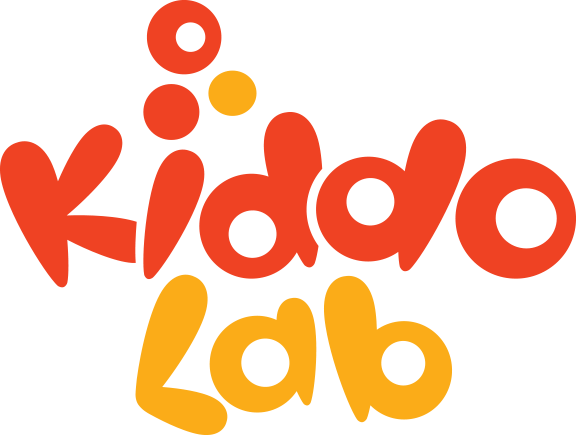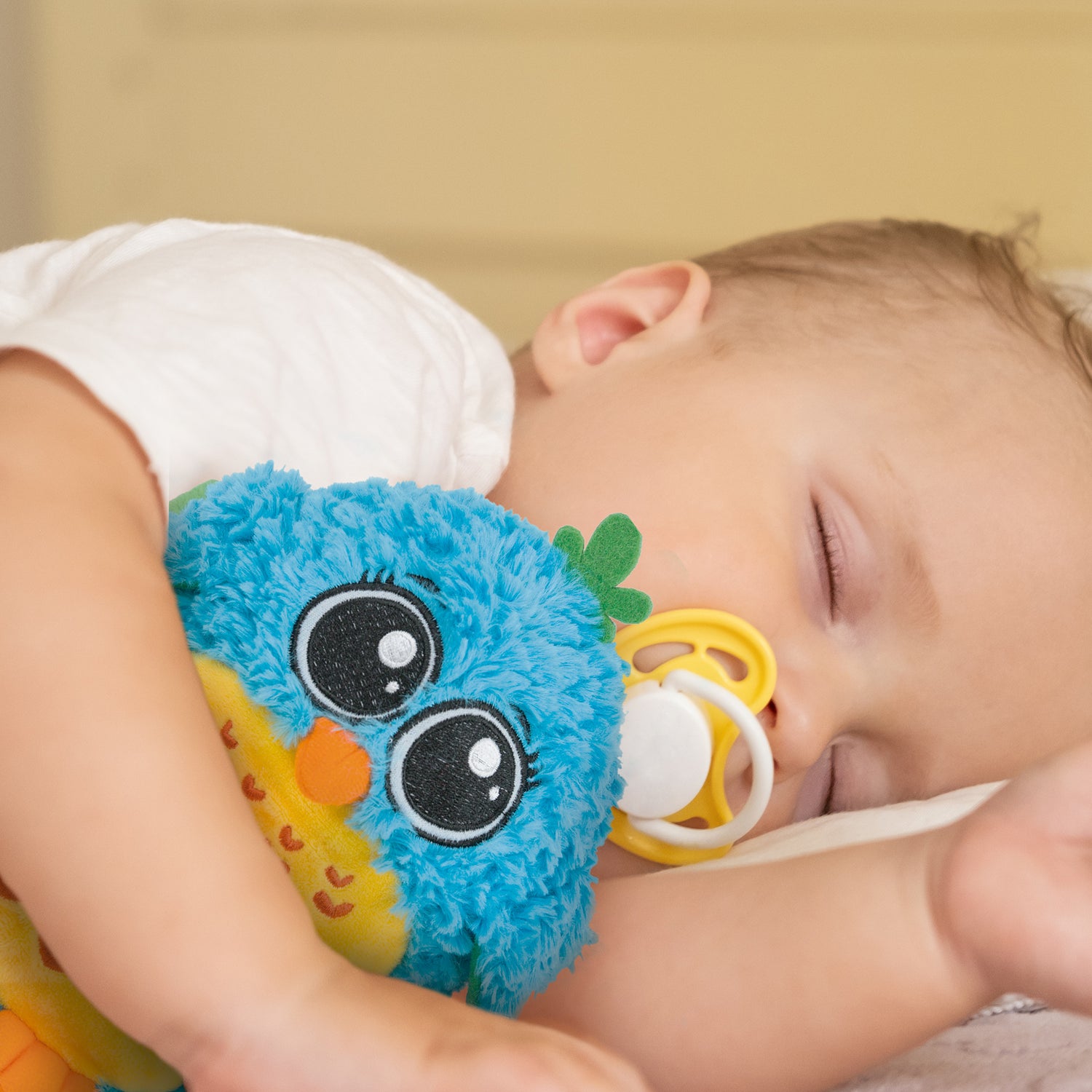Understanding the Importance of Hobbies
Various studies suggest hobbies play a crucial role in a child's development. They are not just pastimes, but gateways to exploring interests, developing skills, and nurturing creativity. The right hobby can significantly contribute to a child's emotional, cognitive, and social development.
Why Hobbies Matter:
- Skill Development: Hobbies are excellent for developing both fine and gross motor skills, as well as cognitive abilities.
- Emotional Growth: Engaging in hobbies can boost self-esteem, reduce stress, and provide a sense of accomplishment.

Assessing Your Child's Interests with Kiddolab
The first step in choosing a hobby for your child is to understand their interests and inclinations. Observing their play patterns, especially with educational toys like those from Kiddolab, can offer valuable insights into their preferences.
Identifying Interests:
- Play Preferences: Notice what types of activities your child gravitates towards with their Kiddolab toys. Do they enjoy building, art, music, or role-playing?
- Kiddolab’s Variety: Kiddolab offers a wide range of toys that can help identify a child’s preferred areas of interest, be it in science, arts, or physical activity.
Exploring Various Hobby Options
Once you have an idea of your child's interests, the next step is to explore various hobbies that align with those interests. The key is to offer exposure to a variety of activities and see what resonates with them.
What are Educational Toys?
Educational toys are purposefully designed playthings that not only entertain but also contribute to a child's cognitive development, fostering learning in an engaging and enjoyable manner.
These toys serve as powerful tools in shaping young minds, focusing on three key aspects.
- Firstly, they stimulate intellectual growth by encouraging problem-solving skills and critical thinking.
- Secondly, educational toys often target specific subjects or skills, enhancing a child's knowledge base in areas such as mathematics, science, language, and more.
- Lastly, these toys promote social development by fostering collaboration, communication, and teamwork, laying the foundation for well-rounded and intellectually curious individuals.
The Role of Educational Toys in Hobby Selection
Educational toys from Kiddolab can be instrumental in hobby selection. They not only provide an opportunity for children to explore different activities but also help develop the necessary skills to pursue those hobbies.
Skill Building with Kiddolab:
- Cognitive Development Toys: Kiddolab’s puzzles and problem-solving games can lead to hobbies that require critical thinking and strategy, like chess or coding.
- Creative Expression Toys: Toys that encourage creativity can lead to hobbies in the arts, such as music, theater, or crafts.

Encouraging Experimentation and Exploration
It's important to encourage children to try a variety of activities before settling on a specific hobby. This exploration fosters a sense of discovery and openness to new experiences.
Facilitating Diverse Experiences:
- Trial and Error: Allow your child to experiment with different hobbies without pressure. Kiddolab’s diverse range of toys can provide exposure to various fields like science, arts, and sports.
- Short-term Commitments: Opt for short-term classes or workshops initially, to gauge your child’s interest without long-term commitment.
The Role of Age and Developmental Stage
Consideration of a child’s age and developmental stage is crucial in choosing a hobby. It ensures that the hobby is appropriate and beneficial for their growth.
Age-Appropriate Hobbies:
- Toddlers and Preschoolers: For younger children, simple and playful activities are ideal. Kiddolab’s educational toys designed for early development can spark interests in hobbies like music, drawing, or simple sports.
- School-Age Children: Older children can handle more complex hobbies that require greater concentration and skill, such as robotics, advanced crafts, or team sports.
Incorporating Educational Toys into Hobby Exploration
Kiddolab’s educational toys can be more than just playthings; they can be tools for exploring potential hobbies. Their interactive and educational aspects make them ideal for this exploration.
Using Kiddolab for Exploration:
- Interactive Learning: Use Kiddolab interactive learning toys to introduce concepts of hobbies like coding, astronomy, or environmental science.
- Creative Expression: Artistic hobbies can be encouraged using Kiddolab’s toys that focus on creativity and artistic skills, like drawing, coloring, or crafting sets.
Involving Your Child in the Decision
It's important that the child plays an active role in choosing their hobby. This involvement ensures that the hobby aligns with their interests and they are more likely to stay engaged.
Child-Led Choices:
- Open Discussions: Have conversations with your child about what they enjoy doing, using insights gained from their interaction with Kiddolab toys.
- Respecting Preferences: Respect your child’s preferences, even if they differ from your expectations. The goal is to find a hobby that they truly enjoy and are passionate about

Nurturing the Chosen Hobby
Once a hobby has been chosen, it's essential to nurture and encourage it. This involves providing the resources, time, and support needed for your child to engage and grow in their new interest.
Supporting Your Child's Hobby:
- Providing Resources: Invest in the tools, materials, or classes needed for the hobby. For hobbies related to Kiddolab toys, such as building or art, ensure they have access to the right toys and accessories.
- Time Allocation: Help your child set aside regular time for their hobby, ensuring it’s a consistent part of their routine.
Balancing Hobbies with Other Responsibilities
Balancing hobbies with schoolwork and other responsibilities is crucial. It teaches children time management and helps them understand the importance of prioritizing and organizing their activities.
Maintaining a Balance:
- Scheduling: Use calendars or planners, perhaps even a Kiddolab organizational tool, to help your child schedule their hobby alongside homework and other commitments.
- Setting Limits: While it’s important to encourage hobbies, it's equally important to set limits so that they don't overshadow other responsibilities.
The Importance of Flexibility
Interests can change, especially in children. Being flexible and open to changing hobbies is important. Support your child in exploring different interests until they find what truly excites them.
Embracing Change:
- Open to New Interests: If your child’s interest in a hobby wanes, use Kiddolab toys to explore other areas that might spark their enthusiasm.
- Avoiding Pressure: Ensure that hobbies remain a source of joy and not a pressure point. The goal is for your child to enjoy and benefit from their hobby, not to excel at it at the cost of their happiness.
Kiddolab’s Role in Hobby Development
Kiddolab educational toys can play a significant role in the development and nurturing of hobbies. Their range of toys encourages exploration, creativity, and learning, making them excellent tools for children to discover and develop their interests.
Kiddolab’s Contribution:
- Exploratory Play: Many hobbies, like music, art, or engineering, can be explored initially through play. Kiddolab toys provide a safe and fun way for children to experiment with different hobbies.
- Skill Development: Kiddolab toys help in developing the skills that can be essential for various hobbies, such as fine motor skills for arts and crafts, or logical thinking for science-based hobbies.
Recognizing and Celebrating Progress
Acknowledging and celebrating your child's progress in their hobby is essential. It boosts their confidence and reinforces their interest in the activity.
Celebrating Achievements:
- Acknowledgment: Recognize and praise your child’s accomplishments, no matter how small. Perhaps, celebrate with a special Kiddolab toy that aligns with their hobby.
- Sharing Success: Encourage your child to share their hobby-related achievements with family and friends. This can be a great confidence booster.
Creating a Supportive Environment
A supportive home environment is key to nurturing a child's hobby. This includes both emotional support and providing a physical space where they can engage in their hobby.
Fostering a Hobby-Friendly Space:
- Dedicated Area: If possible, provide a specific area in the home where your child can practice their hobby. For hobbies related to Kiddolab toys, create a designated play area.
- Emotional Support: Show genuine interest in your child’s hobby. Engage with them, ask questions, and be present in their hobby-related activities.

Incorporating Hobbies into Family Activities
Involving the whole family in the child’s hobby can be a wonderful way to spend quality time together and show support for the child’s interests.
Family Involvement:
- Shared Activities: Participate in activities related to your child’s hobby. For instance, if their hobby is related to a Kiddolab science kit, organize a family science night.
- Encouraging Siblings: If there are siblings, involve them in the hobby where appropriate, fostering a sense of camaraderie and support.
Kiddolab’s Educational Toys: A Gateway to Hobbies
Kiddolab’s range of educational toys is not just about play; they can be gateways to discovering and developing hobbies. These toys are designed to inspire curiosity, creativity, and a love for learning, making them perfect for children exploring their interests.
The Role of Kiddolab Toys:
- Skill Development: Kiddolab toys can help develop the foundational skills needed for various hobbies, from artistic skills with creative toys to problem-solving skills with educational puzzles.
- Inspiring Curiosity: With toys that cover a wide range of subjects and activities, Kiddolab helps spark curiosity in children, leading them to discover hobbies they are truly passionate about.
In conclusion, choosing and nurturing a hobby for your child involves understanding their interests, encouraging exploration, providing support, and being flexible to changes. Kiddolab’s educational toys offer a fun and effective way to help your child discover and develop their hobbies, enhancing their skills and passion.
Visit Kiddolab on Amazon today to find the perfect educational toys that align with your child's budding interests!
Choose Kiddolab for a playful and enriching approach to your child's hobby exploration and development!


